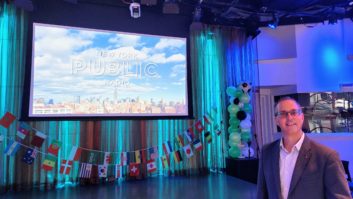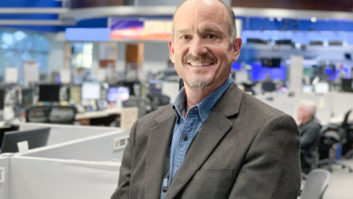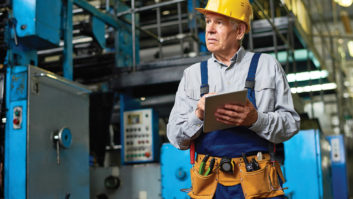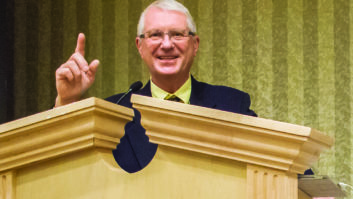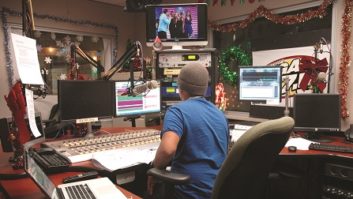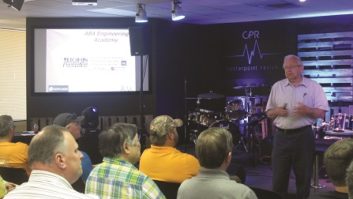There was a recent article in another radio broadcast publication that has garnered some commentaries. The basic observation is that broadcast engineering, as we know it, will come to an end in a giant train wreck because of inaction.
I actually think that through action and selflessness broadcast engineers have documented and preserved our skill set to an extraordinary degree (think Society of Broadcast Engineers and the online engineer).
The vacuum will create a demand that will not be filled by the next generation of the best and brightest, until the wages and working conditions improve.
iStockphoto/�DeanDrobot We�ve made this knowledge readily available to the next generation and many of us will remain available to mentor until we can�t do it any longer. As our generation backs away from our burdens (and retires), the vacuum will create a demand that will not be filled by the next generation of the best and brightest, until the wages and working conditions improve. I believe they will improve, or the crank will fall off of the broadcast money machine. That will not happen in any intelligent universe.

In the future, this will be a better profession than it currently is.
MARKET FORCES
Broadcasting has not been immune to forces that have driven down wages, reduced the number of jobs and forced those that have work to work more hours for less, just to tread water.
If you have a great gig, and you love it, you may have the luxury of only worrying about the lack of the next generation of engineers.
We all admit that radio has drifted into unhealthy working conditions in the form of long hours, overwork, always being on-call and low pay � unless, of course, you live in a place where the shortage of qualified broadcast engineers or the quality of our art allows us to demand big dollars and control of our hours.
If you�re honest with yourself, you�d admit that electronic media has presented ever growing opportunities. Radio, once the sum total of all electronic media, has had to split that pie with each wave of new technology in electronic media.
There are stations that have slipped below the profitability line with more approaching that point. Some are kept alive by special means, including sheer love and outright charity. Many of these stations once supported a significant staff and families. Now the power bill is often in arrears. As a business, a radio station often is simply not viable.
Electricians, hairdressers and plumbers all perform a skilled trade. But broadcast engineers, like painters and dry-wallers are a low-skill, non-essential trade. There is no longer a requirement for a certification or license; you don�t need to be a member of the SBE, nor have an SBE certification; you don�t have to enjoy continuing education, or to even read any of the trade magazines.
Being a broadcast engineer has the same bar of entry as any 12-step program � simply admit that you are one and you�re in the club. It�s harder to become a hairdresser.
If you love the business, it�s in your DNA to keep the station on the air; but when that DNA causes us to undervalue our profession and treat it as a low-skill occupation, we insult ourselves and kill off the next generation.
If I were starting out today, there would be only one barrier to overcome: the lack of opportunity for rewarding employment.
The real problem is allowing a low-barrier-of-entry, rather than treating our careers as a profession. Yes, there is an art and often a higher purpose to the work we do, but when we�re ready to get off the cross, there will be a generation of broadcast engineers whose lives will have better balance and be treated with greater worth.
The Wandering Engineer is an industry stalwart who has been in broadcasting since the days of Marconi and Tesla. He gives his thoughts on the current state of broadcast engineering and the broadcast engineer.





